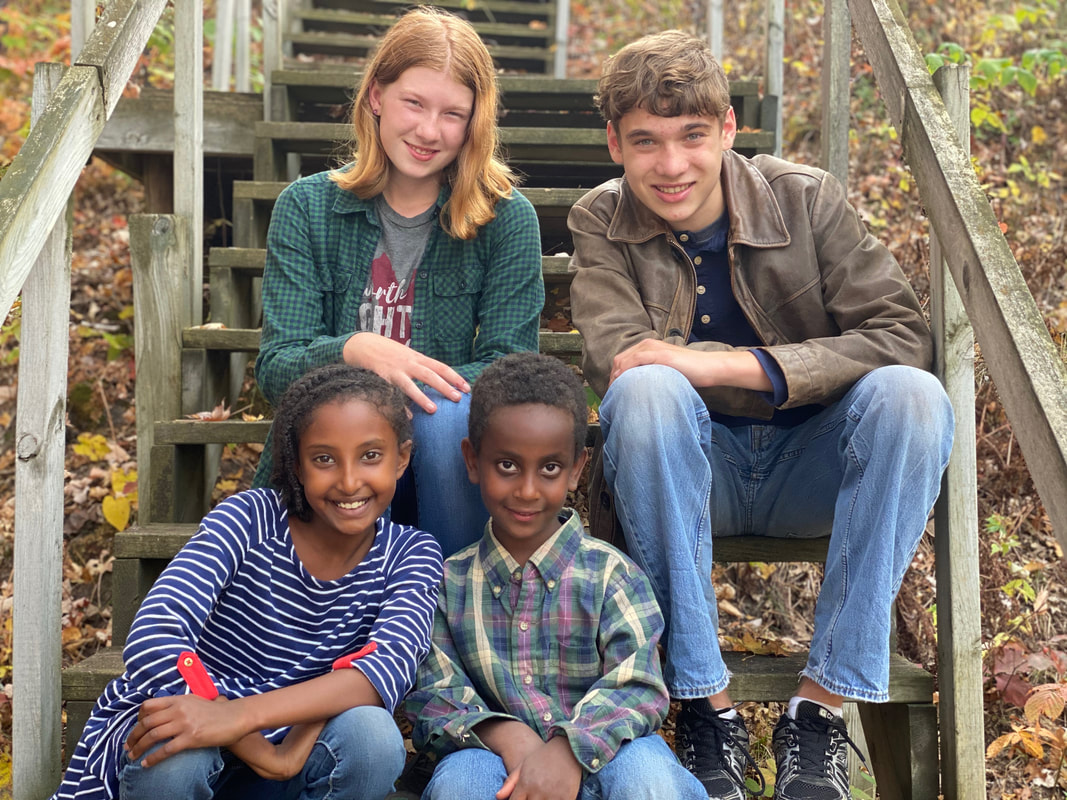|
1) Put down the distractions when your kid or teen wants to talk to you. Of course you are busy and are probably in the middle of something, but this is worth it. Put down your phone, turn off the tv, pause the cooking. It's not always easy or convenient but it's like putting money in the bank of your relationship with your kid. Keep in mind that teens often seem to want to talk when you're tired and ready for bed. Grab a snack with them and sit a spell.
2) Accept your child's feelings without trying to bring them back to feeling "ok". Just listening can be enough, or a simple phrase that lets your child know you hear them... "That sounds like it was frustrating for you." or "tell me what happened next." 3) Listen twice as much as you talk. It can be easy to jump into problem solving mode with our kids but if we do, we deprive them of the chance to think through possible solutions on their own. Listen and ask questions. "What do you think you'll do next?" 4) Side by side communication or face to face? * For some kids and teens, it's easier for them to talk to you when you're side by side, like riding in a car together, taking a walk, or sitting side by side on the porch with some lemonade. It can feel less intimidating to not be making eye contact while they're talking. *Younger kids tend to want face to face communication and be able to watch your eyes and facial expressions match what they're sharing with you, whether that's excitement, worry, surprise or concern. "You slide ALL the way down the slide in one big chain! How fun!" and of course your face lights up as you say this. Add in some high fives, hugs or hand on the shoulder for increased connection Experiment with side-by-side and face to face communication and see what's working. 5) Bringing up a concern: This is a tough one. Typically in the past, when I wanted to bring up a concern with one of my kids I knew I was in for some big feelings! Defensive, blaming, anger, sadness. I used to feel like I was going into a battle. But it doesn't have to be that way. Try this: set the stage to let your child/teen know you are on the same team and can work together to come up with a solution. Share the issue you see as concerning and ask your child for their input. Let your child know why it matters to you and see if your child has any suggestions on how to improve the situation in the future. Here's an example. "Hey honey, can we problem solve on something together? You are not in trouble by the way. I've just noticed that after you swim, your wet suit and towel are left on the floor. I'm just concerned about it because it leaves the floor all slippery and someone could get hurt, plus your suit doesn't dry out well. Do you have any thoughts on what we could do?" Communication is the cornerstone of a good relationship with your child. It's worth working on and protecting. Contact me if you could use a more in-depth look at communication or re-pairing your relationship with your child.
0 Comments
Leave a Reply. |
AuthorDana Parisi Archives
June 2024
Categories
All
|

 RSS Feed
RSS Feed